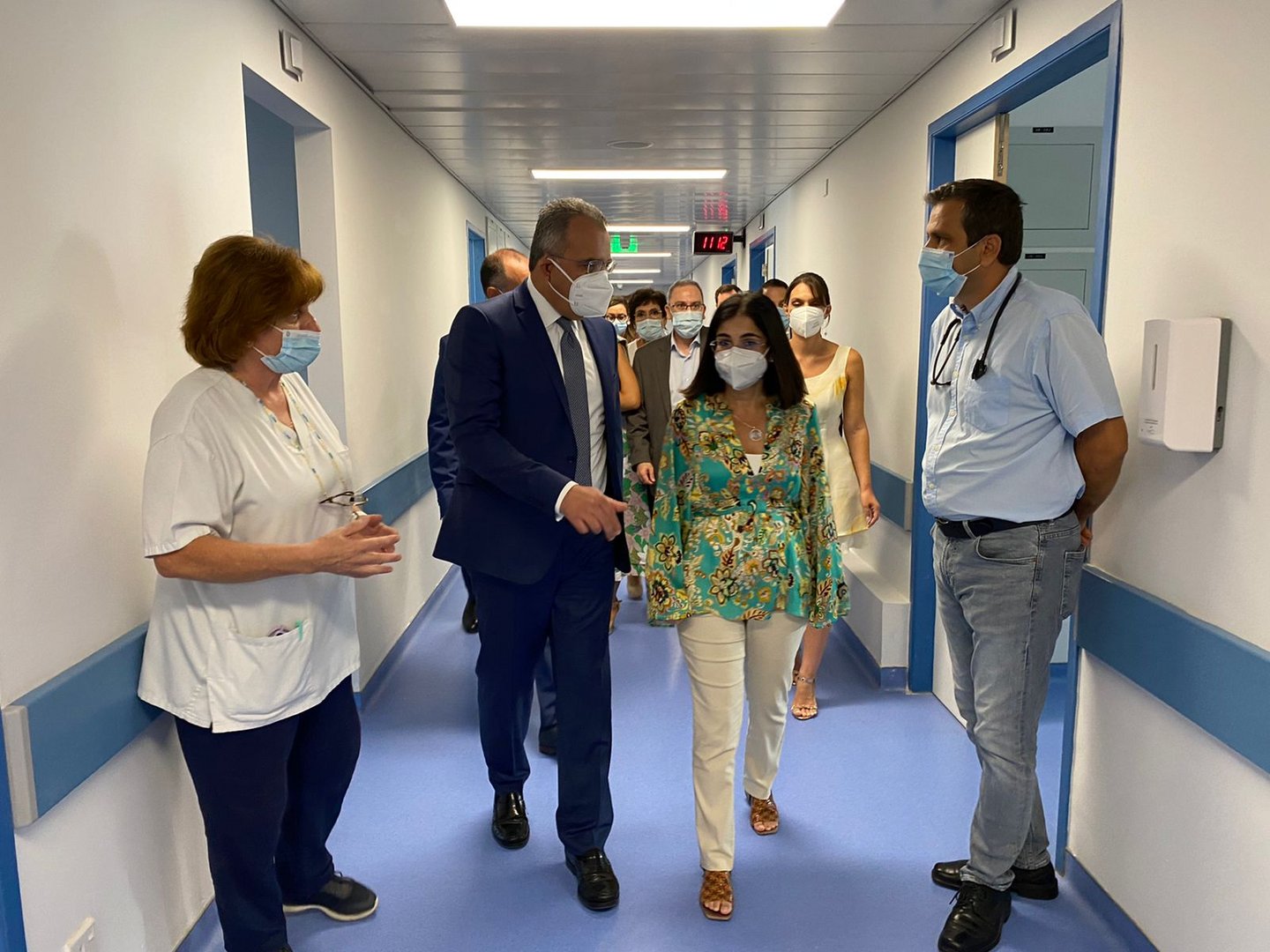Cyprus has a very low number of organ donors in relation to other EU countries, Health Minister Michalis Hadjipantela said on Thursday during a visit to the Transplant Clinic at Nicosia General Hospital with his Spanish counterpart Carolina Darias.
Since the clinic started operating in 2011, only 253 transplants have taken place in Cyprus, 173 from live donors and 80 from deceased registered organ donors, Hadjipantela said.
He added this averages out at approximately 23 a year.
“Our aim is to increase this number even more by drawing on the help of countries that are pioneers in this area, such as Spain. Spain is possibly the best country in the world in terms of donor rates,” he said.
Commenting on Spain’s know-how in the field, Darias said that in her country the 2021 rate was 40.2 donors per million people, which is one of the highest rates in Europe.
Darias said that Spain wants to continue working with Cyprus in this area as it important and saves human lives. She thanked the minister for their cooperation, following an MoU signed between the two countries on December 9, 2021.
Weighing in, Hadjipantela said: “There is a willingness to host and exchange doctors and also training of our own doctors in hospitals in Spain, and it is an issue that we will consider at a further meeting.”
During their visit to Nicosia General, the two ministers were informed by doctors from the state health services organisation (Okypy) about their activities and therapies provided at the transplant clinic and the A&E department.
Hadjipantela said that they would also hold a further meeting at Okypy’s offices during the visit to discuss cooperation methods between the organisation’s hospitals and hospitals in Spain.
Okypy chief Kypros Stavrides, who also attended the meeting, said the transplant clinic was a ‘national treasure’ for Cyprus.
He said that the organisation was aiming to develop this clinic in order to further help the patients.
The clinic began operating again on September 1, following suspension of operations due to the pandemic.






Click here to change your cookie preferences